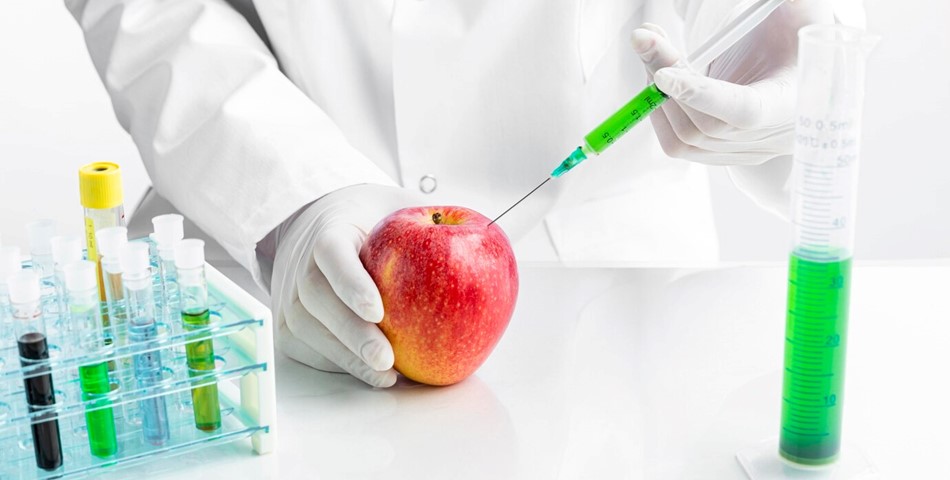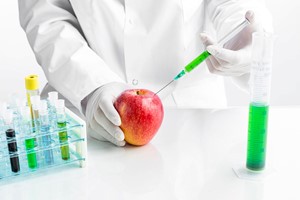Consumer Reports (CR) and Environmental Working Group (EWG) have joined forces in a collaborative effort aimed at reducing potentially harmful food additives in various food items. Their recent success in California, through the passage of Assembly Bill 418, saw the banning of four additives: bromated vegetable oil, potassium bromate, propylparaben, and red dye No. 3.
The move comes as part of a broader initiative to enhance food safety and protect consumer health. Both organizations stress the importance of identifying and eliminating additives that may pose risks to public health, advocating for safer alternatives.
Despite this success, efforts to ban titanium dioxide faced opposition in the California Senate. Titanium dioxide, while deemed safe by the FDA, is contested by some groups, highlighting differing perspectives on certain additives.
Undeterred, the project now shifts its focus to Illinois, with Senate Bill 2637 seeking to replicate the success achieved in California. The bill aims to ban the same four additives targeted in California and potentially expand regulations to include more additives in the future.
The collaboration between CR and EWG underscores a growing concern regarding the presence of harmful additives in the food supply chain. While the FDA maintains its stance on the safety of certain additives, consumer advocacy groups are pushing for stricter regulations to ensure greater transparency and protection for consumers.
Success in Illinois could have far-reaching implications for manufacturers operating across multiple states with varying regulations. The prospect of state-level bans poses challenges for businesses, potentially impacting production processes and supply chains.
As the project gains momentum, the focus remains on advocating for policies that prioritize consumer health and safety. The ultimate goal is to expand bans to other states and continue efforts to identify and eliminate potentially harmful additives from the food supply.
Consumer Reports (CR) and the Environmental Working Group (EWG) are two prominent organizations dedicated to ensuring food safety and transparency for consumers. CR conducts rigorous testing on food products, including investigations into contaminants like heavy metals and pesticides, prompting recalls and industry changes. In March 2022, CR's findings revealed PFAS contamination in fast-food wrappers, advocating for stricter regulations. Similarly, EWG provides valuable resources such as its VERIFIED program, certifying products meeting safety and sustainability standards. Their annual Shopper's Guide educates consumers on pesticide residues in produce, encouraging the demand for more sustainable farming practices. Both organizations conduct research on contaminants, informing consumers and policymakers alike about potential health risks and driving regulatory changes.
Consumer Reports, founded in 1936, operates as a non-profit organization focused on evaluating products and services without reliance on advertising revenue. Supported primarily by subscriptions, it maintains independence in its assessments. Through its extensive research, Consumer Reports informs consumers about potential health risks, including its involvement in the food additive project, where it advocates for legislation and provides information to the public. Similarly, the Environmental Working Group (EWG), established in 1993, conducts research on chemicals in consumer products and seeks safer alternatives. Funded through donations, grants, and product sales, the EWG contributes to policy solutions regarding food additives by leveraging scientific expertise.
foodsafetynews.com











